In a way that's nearly unique in the EuropeanUnion, Hungary is asking its citizens what they think about the possibility of Ukraine joining the EU. Recently, the campaign to inform the public about the consultative vote has kicked off. “The main message of the Voks 2025 consultative vote is that we should decide, and we should not allow Brussels bureaucrats and failed politicians to make decisions over our heads,” Balazs Hidveghi, the parliamentary secretary of the Prime Minister’s Office, told Hungary's public broadcaster on Thursday.
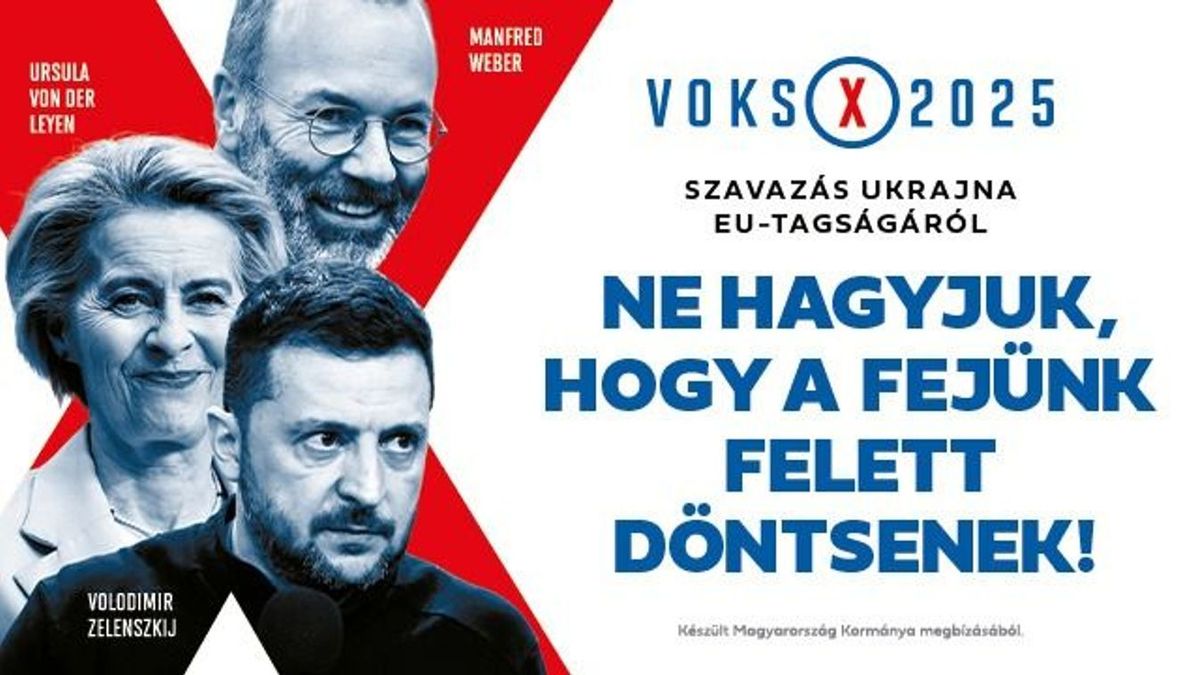
The state secretary indicated that Hungary is facing a decision of great importance. Brussels wants to fast-track Ukraine’s EU membership, pushing the country into the union without a wide public debate and without considering the views of the people.
Regarding the voting process, he explained that postal ballots will begin to be sent out in mid-April. Everyone will receive an envelope with the ballot, a letter, and a free return envelope. These will be delivered to every address in the country by the end of May, and the ballots must be returned by June 20.
We Don’t Want to Collapse Under the Weight of Ukraine’s Membership
At the EU summit held in early March, PM Orban announced that he would initiate a vote on Ukraine’s EU membership. In an interview, he said Ukraine’s EU membership would currently mean the collapse of both the European and Hungarian economies.
A year ago, the question was whether we want to die for Ukraine. Now, the question is, do we want to collapse under Ukraine’s membership? Dear friends, let's have a consultative vote!
– Mr. Orban said in his speech on March 15, referring to Ukraine.
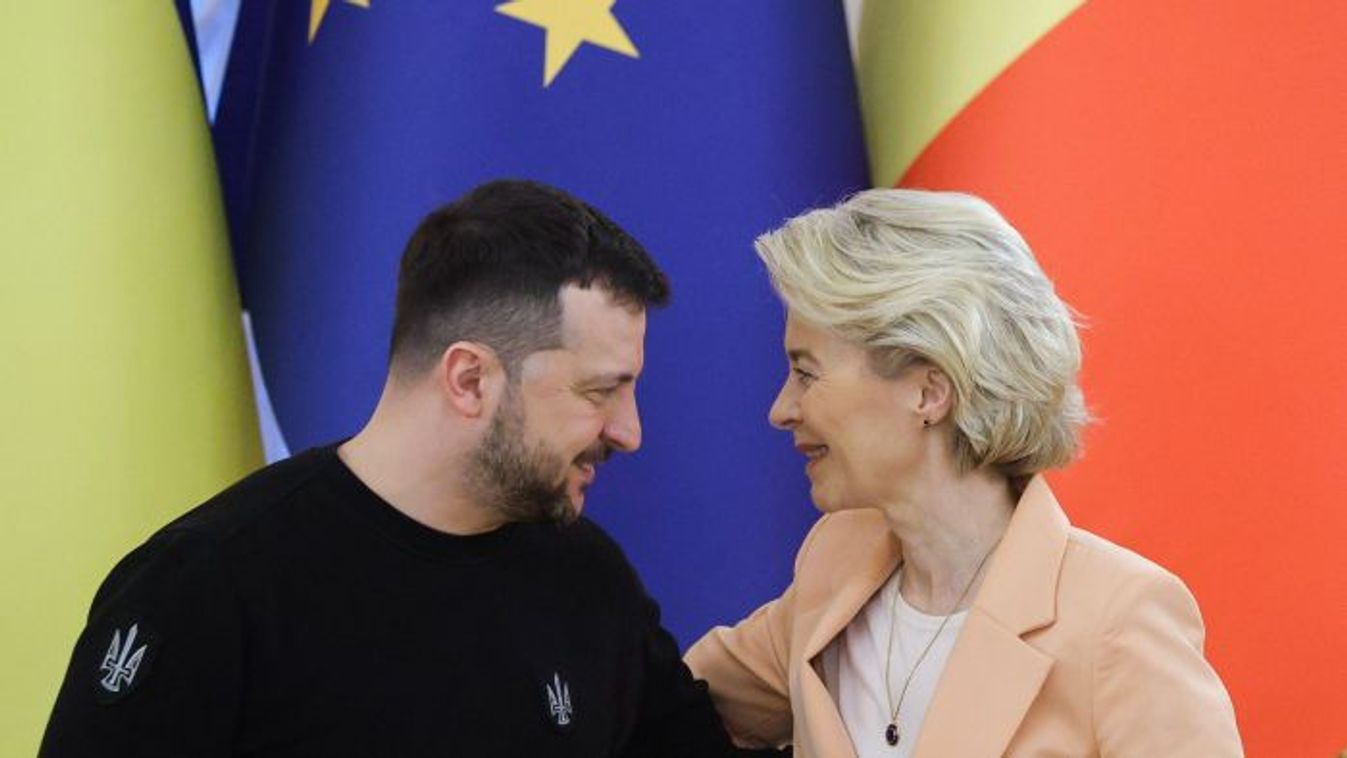
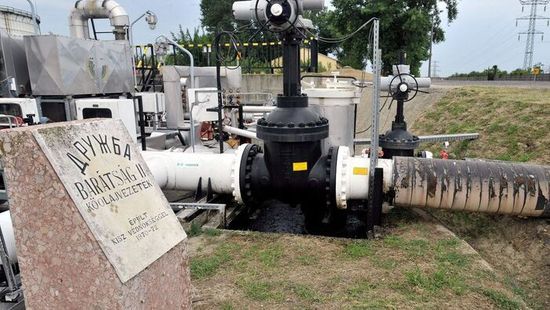
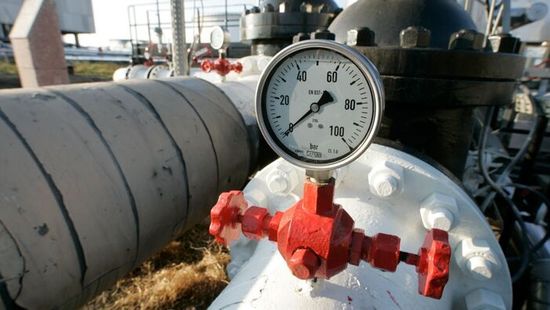
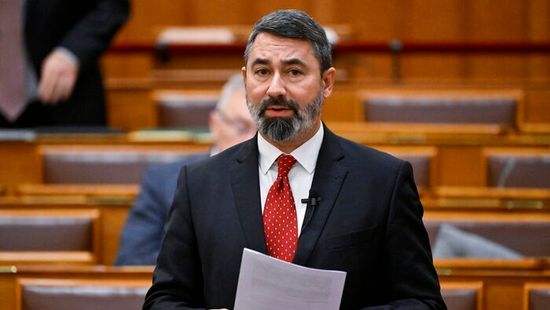
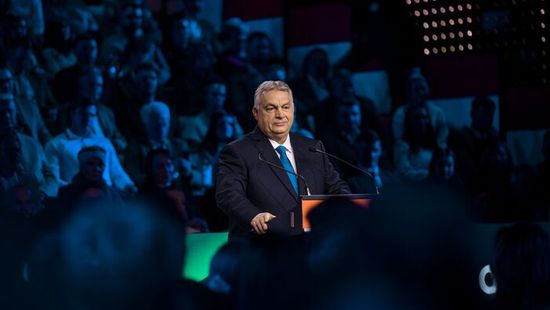

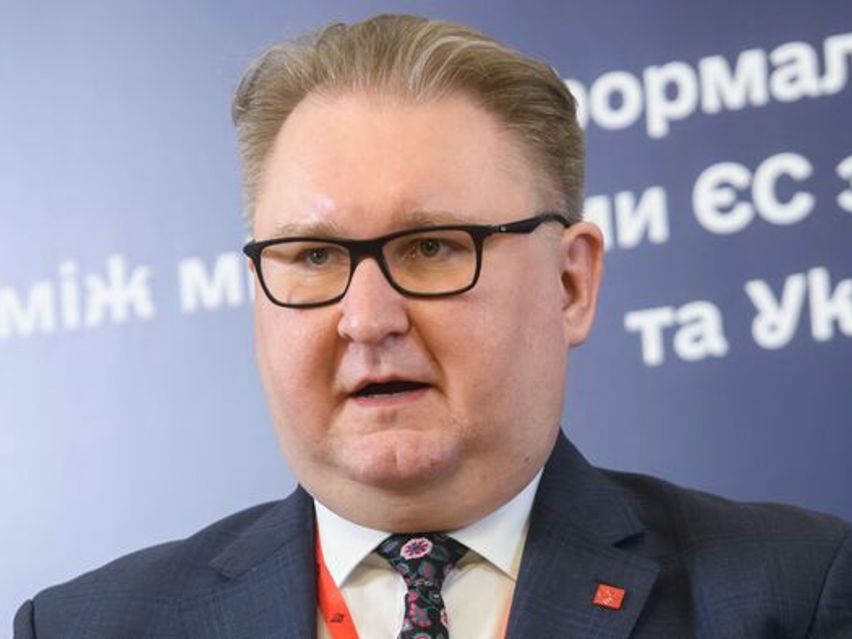
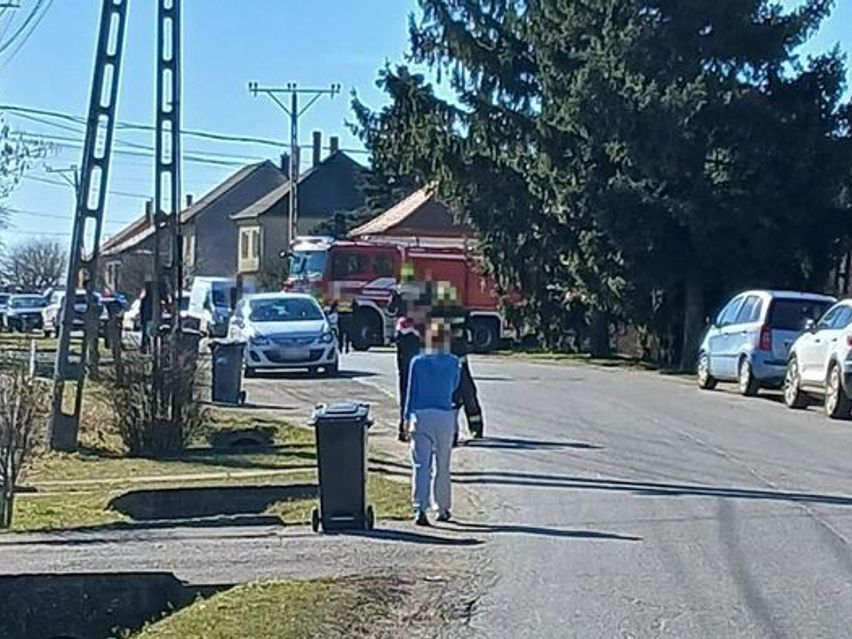

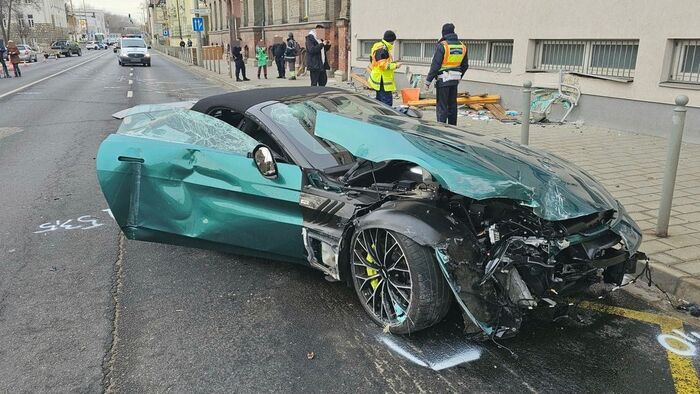

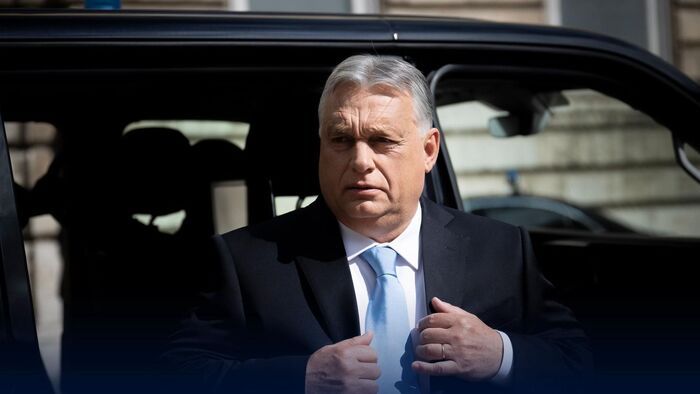
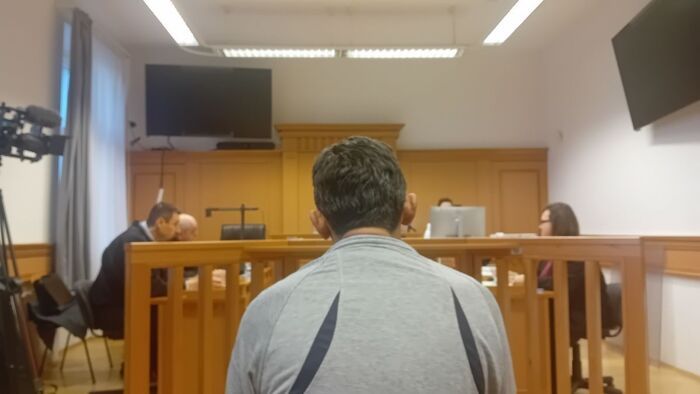

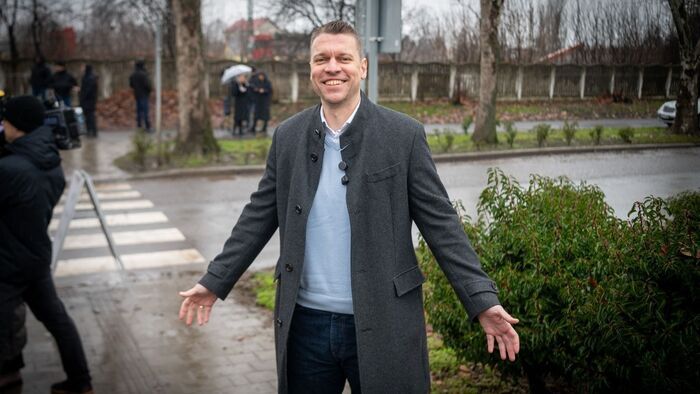
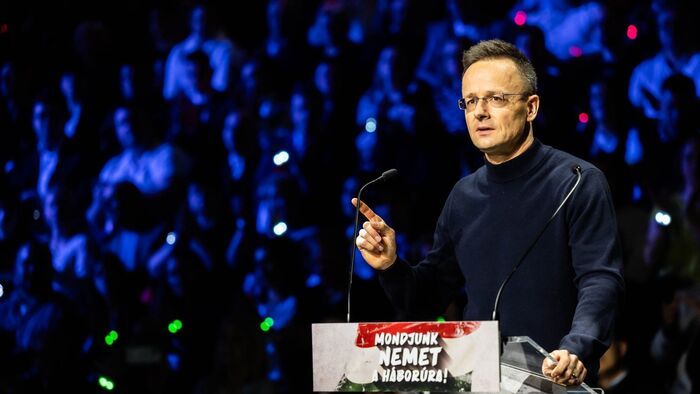
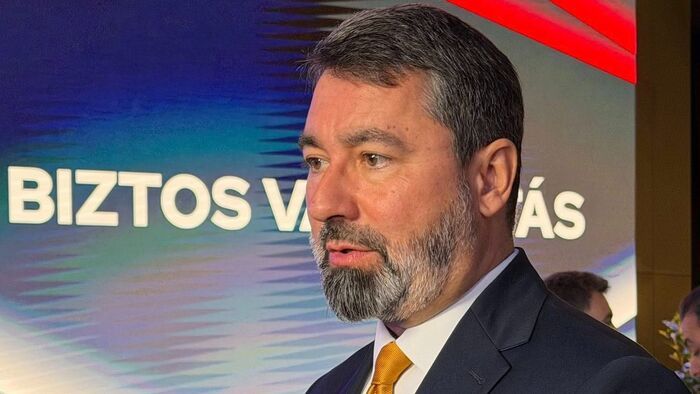
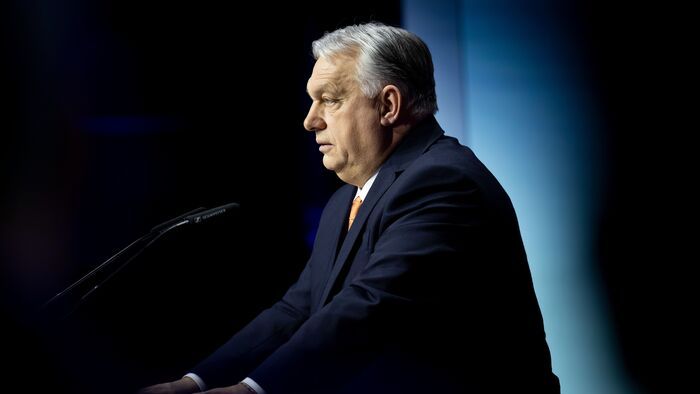





Szóljon hozzá!
Jelenleg csak a hozzászólások egy kis részét látja. Hozzászóláshoz és a további kommentek megtekintéséhez lépjen be, vagy regisztráljon!